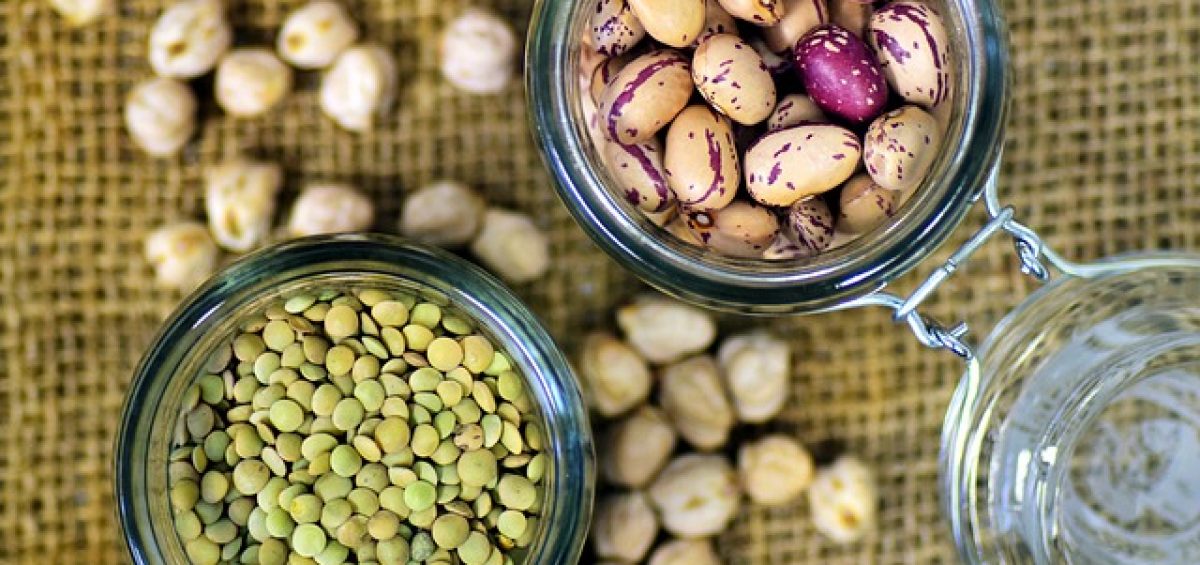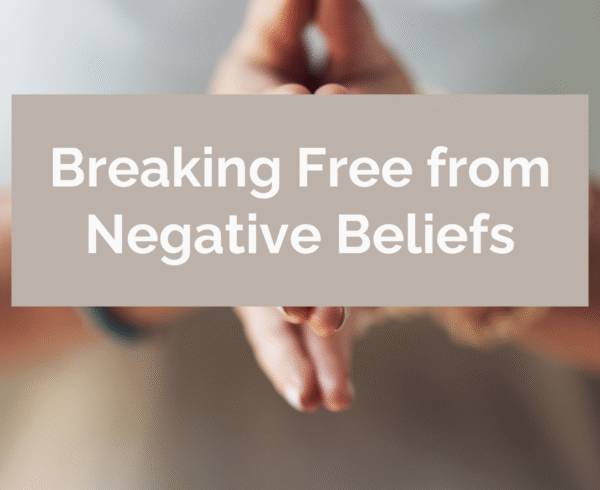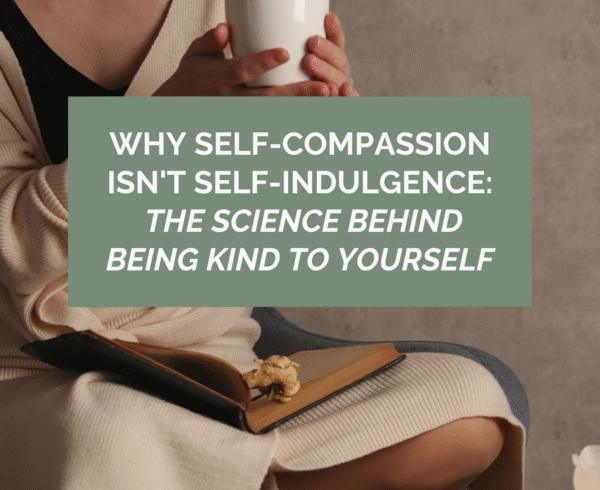Many moons ago when I went vegetarian, I had it all wrong! I did not seek appropriate professional advice and I only had the basic understandings of proteins, carbohydrates and fats, in which I missed the key step of food combining with plant-based protein. Missing this important understanding led to many vitamin and mineral deficiencies and in turn worsened my condition and symptoms. So lets take a look at what it’s all about and the important information that should not be overlooked when eating a vegetarian or vegan diet.
What are Proteins?
There are 20 amino acids that form the building blocks of proteins, all which play a variety of critical roles in the body. The sequence of these amino acids determines the structure and function of the proteins.
Proteins Have an Array of Functions in the Body and Include:
- Cellular Structure – e.g. collagen and keratin are structural proteins found in hair, skin, nails and bones
- Repair and Maintenance
- Hormones – e.g. creation of insulin
- Energy and Fat Storage – when consumed in excess proteins are used to produce energy, if not required they are stored as fat
- Enzymes – all enzymes are proteins, which speed up the rate of biochemical reactions
- Antibodies – proteins create antibodies for our immune system
- Transporters – carry specific ion or molecules from one organ to another
- Movement – e.g. muscles are made up of protein called myosin and actin, which allow the muscles to relax and contract
Amino Acids
There are nine essential amino acids. These are essential as they cannot be synthesised by the body and therefore must be obtained through diet.
- Phenylalanine
- Valine
- Threonine
- Methionine
- Tryptophan
- Histidine
- Isoleucine
- Leucine
- Lysine
Where as the remaining eleven are non-essential amino acids, in which the body can synthesise
- Alanine
- Arginine
- Asparagine
- Aspartate
- Cysteine
- Glutamic
- Glycine
- Glutamine
- Proline
- Serine
- Tyrosine
There are also conditional amino acids. Conditional amino acids are non-essential amino acids, which become essential due to a specific condition, in which the body can no longer synthesise them.
Vegetarians, Vegans & Protein
A complete protein contains all of the nine essential amino acids in a balanced form required for the fundamental processes of the human body. Unfortunately, the majority of plant proteins are low in at least one of the nine essential amino acids, unlike their counter parts the animal proteins such as meat, poultry, fish and eggs, which contain ample amounts of all nine essential amino acids.
Therefore, vegetarians and vegans are recommended to include a variety of plant based protein food sources in their diet (i.e. legumes and grains, or dairy and grains), which ‘complement’ each other (see chart below). By combining plant-based protein sources, a complete amino acid profile can be achieved to meet the protein requirements necessary for the body to function effectively.
As the body maintains a pool of amino acids, which can be used to complement dietary protein, it is no longer necessary, as once thought, to combine plant proteins in one meal. As long as vegetarians and vegans eat a variety of plant protein sources over the course of the day, the body is able to store and utilize them as required.

How Much Protein a Day
This is often changed and there are many variables that play a role in determining an individuals protein requirements such as age, weight, health, activity and so on.
However, according to Nutrient Reference Values the average recommended daily intake is as below:
| Age | Grams |
| Infants 0-3 | 14 |
| Children 4-8 | 20 |
| Children 9-13 (Boys) | 40 |
| Children 9-13 (Girls) | 35 |
| Adolescence 14-18 (Boys) | 65 |
| Adolescence 14-18 (Girls) | 45 |
| Adults (Men) | 64 |
| Adults (Females) | 46 |
| Elderly (70+ Males) | 81 |
| Elderly (70+ Females) | 57 |
Some of my Favourite High Vegetarian/ Vegan Protein Sources Include:
- Eggs (not vegan)– 6g/ per egg
- Lentils – 18g/ per cup
- Chickpeas 15g/ per cup
- Split peas 16g/ per cup
- Amaranth 7g/ per cup
- Buckwheat 6g/ per cup
- Millet 8.4g/ per cup
- Chia seeds 8.6g/ per ¼ cup
- Sunflower seeds 8g/ per ¼ cup
- Pumpkin seeds 7g/ per ¼ cup
- Sesame seeds 7g/ per ¼ cup
- Almonds 7g/ per ¼ cup
- Yoghurt (not vegan) 4.5g/ per 100 grams
Although soybeans are considered a complete vegetarian protein, I am not an advocate of soy due to the potential negative effects of phytoestrogens (soy is a primary source of phytoestrogens), also keeping in mind that a high percentage of soy is now genetically modified. Furthermore, the majority of studies done on soy are in Asian populations and unfortunately, there is limited evidence about the effects of soy in Western populations, which are also very conflicting. For this reason I personally avoid soy products until the evidence becomes clearer. Small amounts of organic and non-GMO sources of soy may be suitable for some people, especially for women during menopause.
In Health & Happiness
Chae
Supporting references:
National Health and Medical Research Council. Nutrient Reference Values. https://www.nrv.gov.au
Better Health Channel. Protein. https://www.betterhealth.vic.gov.au/health/healthyliving/protein












Leave a Comment